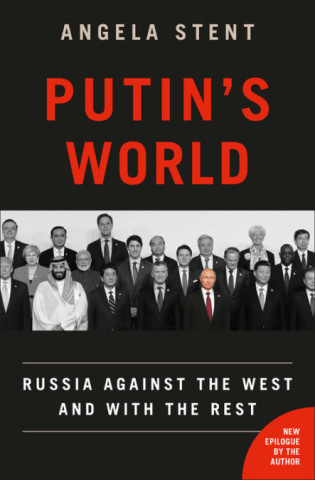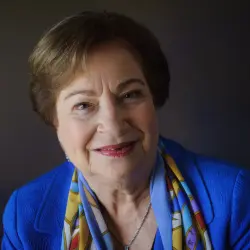On this episode, a discussion with experts Fiona Hill and Angela Stent on Russia’s re-emergence as a great power after the Cold War ended, under the leadership of Vladimir Putin, and also more broadly on how economic change, deindustrialization, and other forces open doors for populist leaders to rise in places like Russia, and the United States and the United Kingdom as well, as we’ve seen in recent years.
Stent is a nonresident senior fellow with the Center on the United States and Europe at Brookings and senior adviser to the Center for Eurasian, Russian and East European Studies and professor emerita of government and foreign service at Georgetown University. She is the author, most recently, of “Putin’s World: Russia Against the West and with the Rest.” Fiona Hill, the Robert Bosch Senior Fellow in the Center on the United States and Europe, served from 2017 to 2019 as deputy assistant to the president and senior director for European and Russian Affairs on the National Security Council. Her most recent book is “There Is Nothing for You Here; Finding Opportunity in the Twenty-First Century.”
Hill and Stent also talk about how their careers in Soviet and Russian studies got started, the rise of Putin’s Russia, how social and economic decay can lead to the rise of populist leaders, and how to revive opportunity in America.
Follow Brookings podcasts here or on iTunes, send feedback email to [email protected], and follow us and tweet us at @policypodcasts on Twitter.
The Brookings Cafeteria is part of the Brookings Podcast Network.








Commentary
PodcastPutin, Trump, and the road to authoritarianism
November 12, 2021